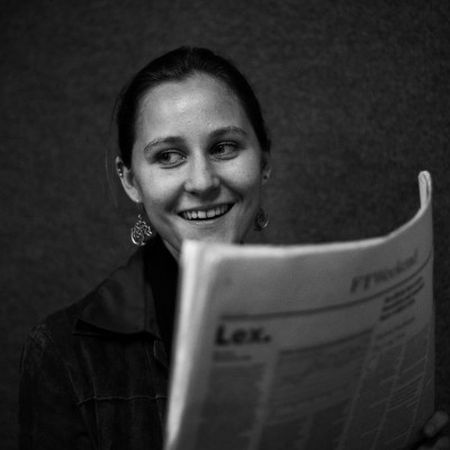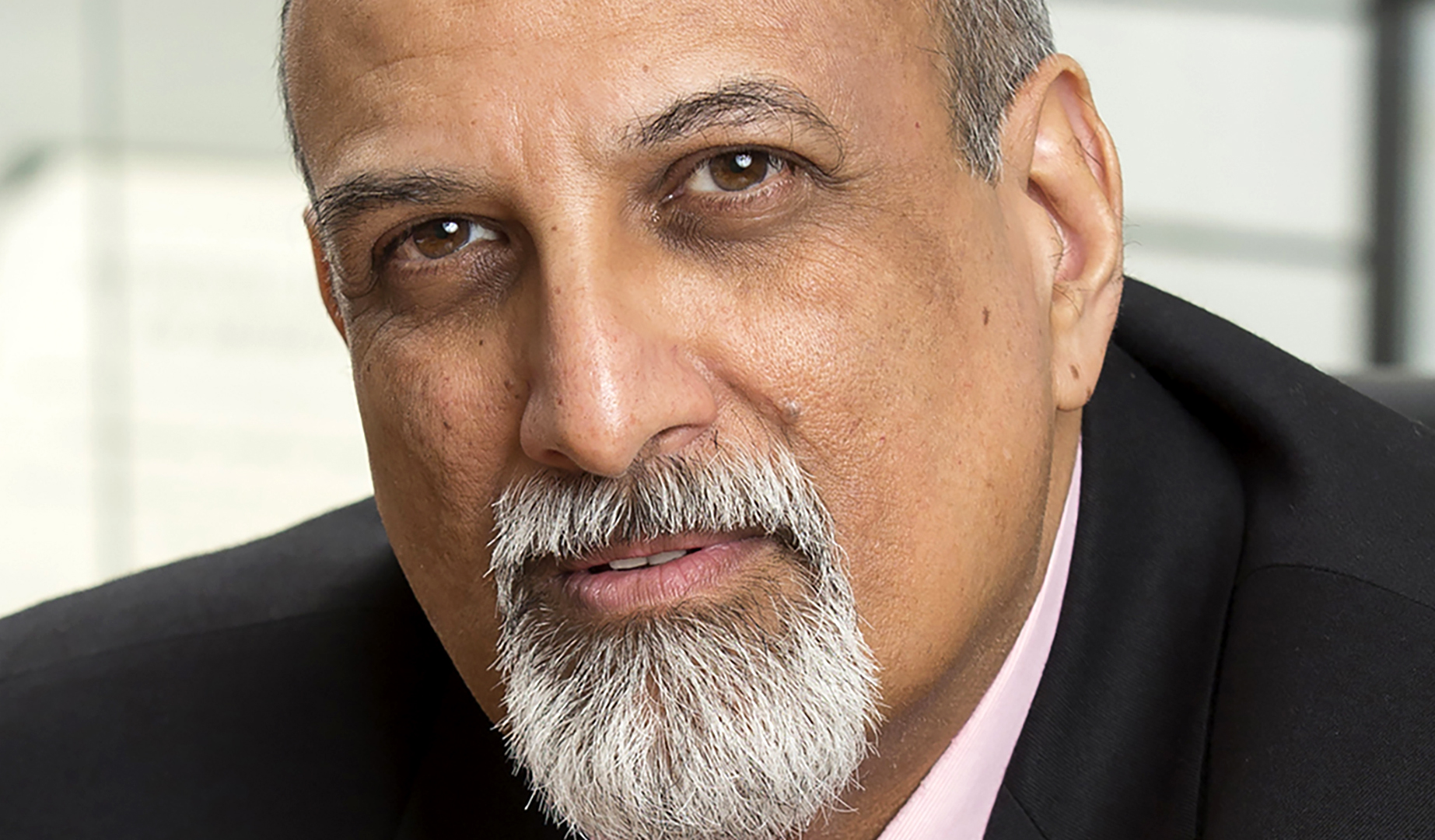A deepfake video, generated using artificial intelligence (AI) technology, is using the likeness of the renowned South African physician Prof Salim Abdool Karim to push disinformation about Covid-19 vaccines and promote a bogus heart medicine on social media.
Abdool Karim, the director of the Centre for the Aids Programme of Research in South Africa (Caprisa), has refuted the contents of the video and reiterated that Covid-19 vaccines are safe.
“The [deepfake video] has me saying anti-vax things… This company has just pounced on me, and they’re not letting me go. They are using me, and I think they’re using me because it’s good for their sales,” Abdool Karim told Daily Maverick.
Caprisa said, “Neither Abdool Karim nor Caprisa have endorsed any medicines for any company.”
Snake-oil remedy
It’s the second time the scam company has used an AI deepfake video of Abdool Karim to market its product, with the previous video emerging around September last year. Before that, it used a still image of him on posters for the fake cure, shared on social media.
The most recent deepfake video gives the appearance of an SABC news report in which Abdool Karim responds to a presenter.
The AI-generated Abdool Karim gives a false account of blood clots linked to Covid-19 vaccines, before encouraging viewers to “cleanse” their blood vessels using “a unique formula, breakthrough remedy, that dissolves all types of clots after just one treatment cycle”.
Despite the continued misuse of his identity, Abdool Karim said that little legal recourse could be pursued against those responsible.
“When [the adverts] first came out, I was furious and I said, ‘I’m going to spare no cost in going after these guys’... We hired people to go and investigate it. We spent quite a bit of money, and when … we were getting close to figuring things out, we realised actually, this is best described by a fairground game called Whack-a-Mole,” he said.
“When you try to stop one, another emerges. So, there’s no end to this.”
The investigating team linked the scam to a Tanzanian company with a warehouse in Midrand, Johannesburg, but just as it narrowed down its search, the operation closed down and disappeared. A few weeks later, another advert using Abdool Karim’s image emerged, seemingly shared by the same group.
“We tried to take out an injunction against them, but it proved to be a real challenge because we don’t know who we’re taking out an injunction against,” said Abdool Karim.
“I realised you actually have no legal recourse against these people, because it’s not an established firm. It’s not trading on any reputation. It’s trading on my reputation because they have no reputation of their own. They’re just a fly-by-night… There’s nothing that creates an opportunity for us because they’re not legal.”
The scam company uses paid adverts on Facebook to circulate its marketing material, according to Abdool Karim. From there, users of the platform share the posters or videos on other social media platforms, including WhatsApp.
After each advert, Abdool Karim gets up to 20 emails from members of the public seeking to buy the fake medicine, or reporting side effects as a result of its use.
’No stone unturned’
In a statement released on Thursday, 26 June, the National Department of Health said it was aware of the AI-generated video of Abdool Karim that undermined the safety of Covid-19 vaccines.
“According to our information, these actions are meant to hoodwink members of the public into buying fake heart medicine. This is done through mail order, and the fake product is obviously not working or is making people feel even sicker,” said the health department.
“Minister [of Health Dr Aaron] Motsoaledi condemns in the strongest terms possible the fake news campaign by these charlatans with business interests, who for their nefarious reasons are determined to create confusion among the people for the sake of immoral profiteering.”
Motsoaledi encouraged the public to rely on vaccines approved by the South African Health Products Regulatory Authority (Sahpra) and the National Department of Health.
The department said it would leave “no stone unturned” in combating the efforts of the scam company.
Caprisa urged members of the public to:
- Refer to credible sources such as Caprisa, Sahpra, the Department of Health or a trusted, registered healthcare professional for accurate health information;
- Verify the authenticity of health claims, products and possible actions that are being recommended;
- Report any instances of fake news found online directly to the hosting social media platform, such as X, Facebook or TikTok; and
- Refrain from sharing fake news images, videos or messaging on mobile chat groups.
Social media and health disinformation
Abdool Karim noted that while there was a long history of disinformation in health, recent years had seen these narratives becoming more organised. Those sharing disinformation no longer had to depend on mainstream media, where fact-checking acted as a barrier to many false claims.
“Covid was a turning point, and what [happened during] Covid was that disinformation … became organised and it became amplified through social media,” he said.
The “moguls of social media” had effectively resisted controls and regulations on their platforms, said Abdool Karim, citing the example of a recent development in Canada where the government rescinded a tax on big US technology firms due to US President Donald Trump threatening to call off negotiations over a trade deal.
“That just tells you how much [Trump] is in the pocket of these social media moguls, and they will not tolerate any regulation. They will fight regulation in any country … because they see it as … affecting their bottom line,” he said.
“All of these companies have now either reduced or completely eliminated their curation and fact checking… I actually don’t hold out much hope that we can reasonably regulate and control these big companies. Every indication is the opposite. They control everyone else.”
Reflecting on the changes that could reduce the spread of disinformation on virtual platforms, Abdool Karim said there should be a warning label on social media pages that had not been fact-checked, showing that the content may not be true.
“The second thing is that I think we need to educate the next group of youngsters that they should have a high level of healthy scepticism when they go on to social media platforms because I worry that they think it’s all real, and that they get sucked into these fake worlds,” he said.
“We have to educate the next generation to understand that everything they see [on social media] should be taken first and foremost … as a lie.” DM





 South African scientist, epidemiologist and director of the Centre for the Aids Programme of Research in South Africa, Professor Salim Abdool Karim. (Photo: Dean Demos)
South African scientist, epidemiologist and director of the Centre for the Aids Programme of Research in South Africa, Professor Salim Abdool Karim. (Photo: Dean Demos)